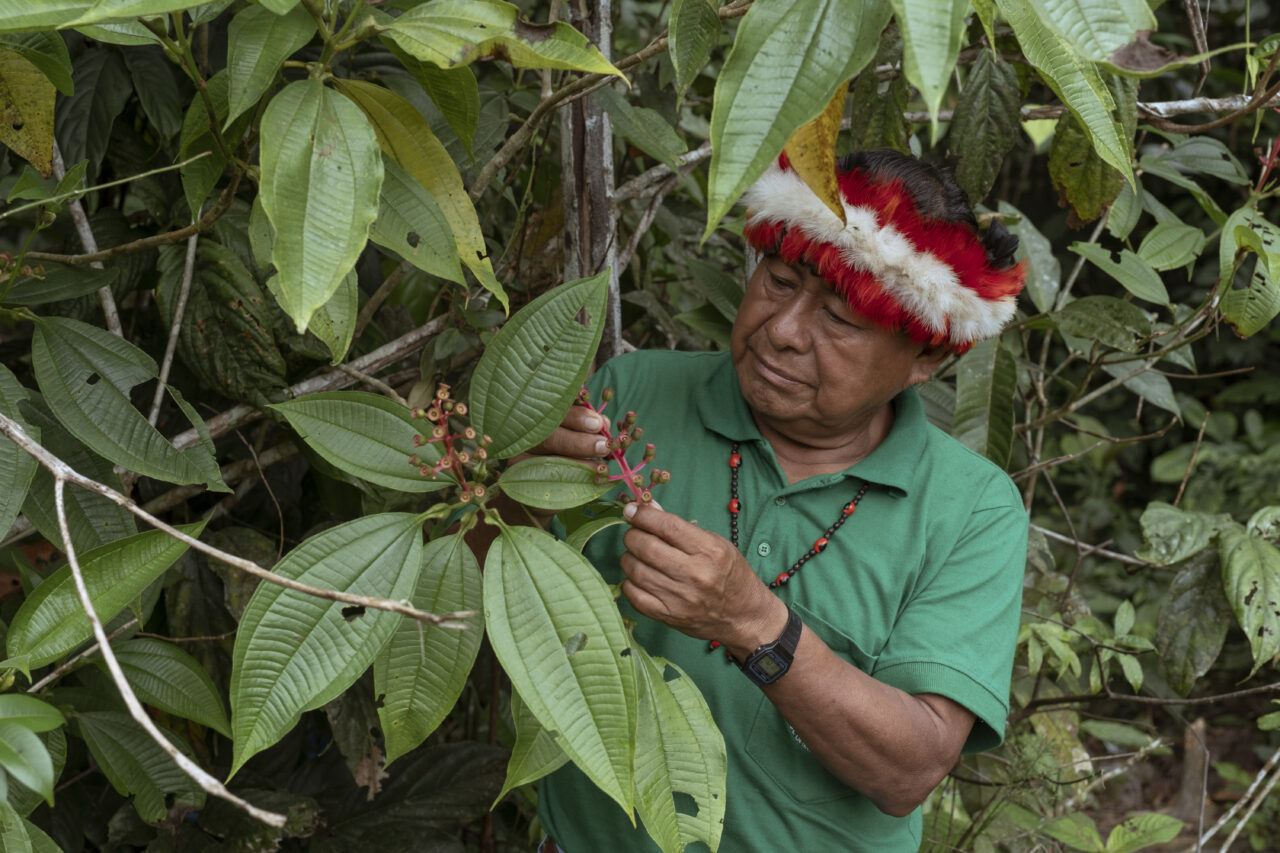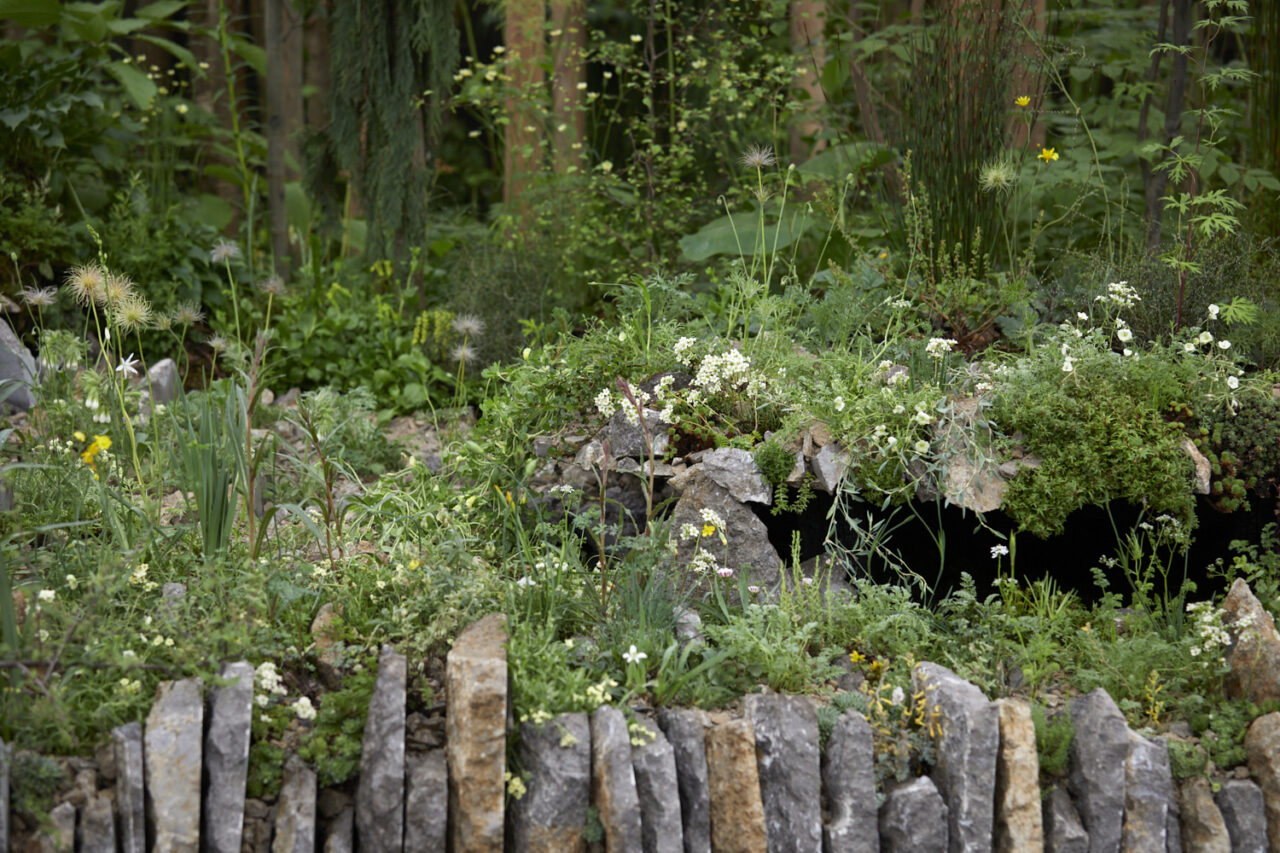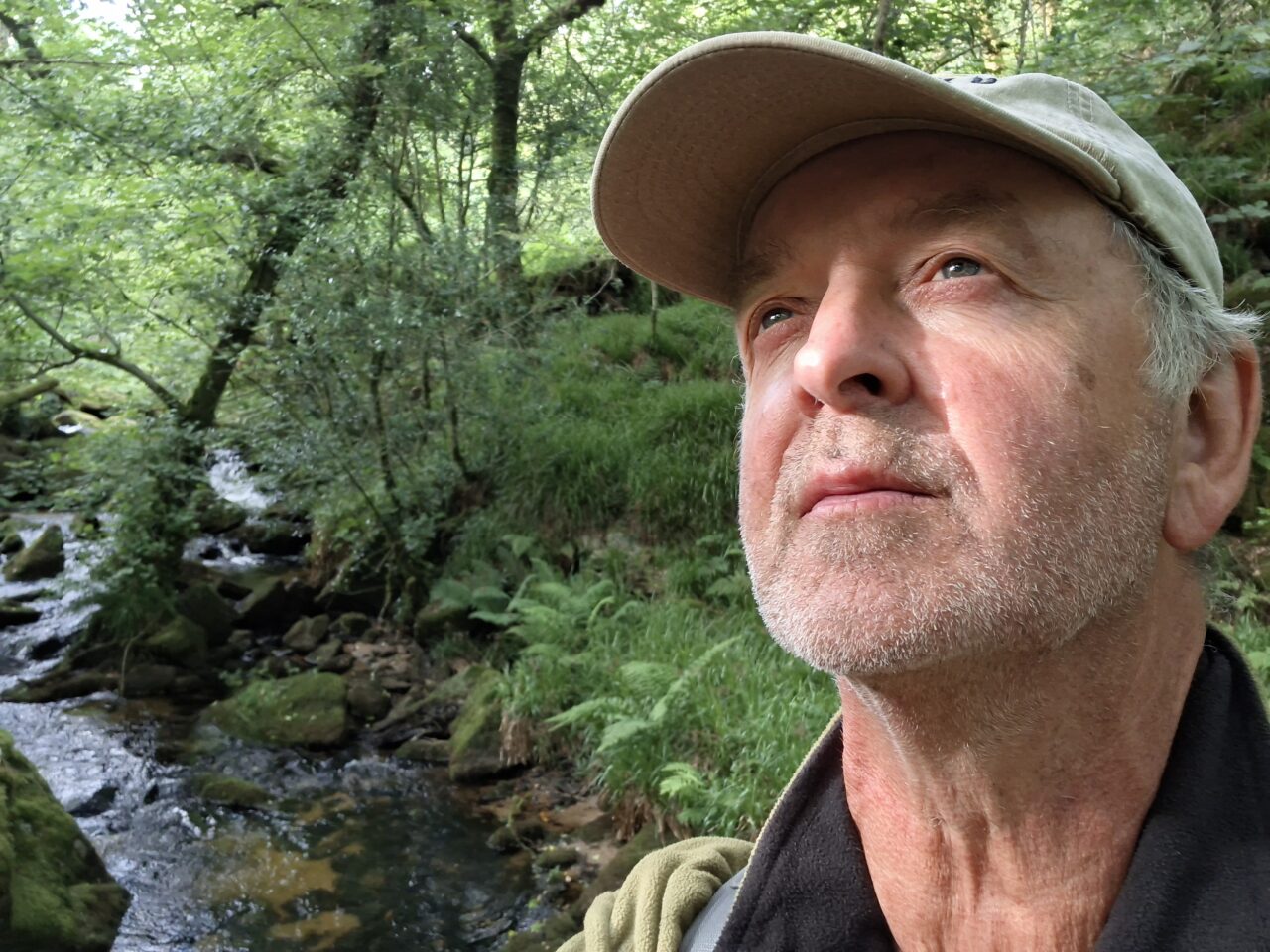A new report has revealed that everyday food choices in Wales are contributing to the destruction of tropical forests, human rights abuses, and pollution, from the Amazon to the rivers in Wales. Published jointly by Size of Wales and WWF Cymru, Food, Forests and Injustice: The Hidden Link Between Wales and Brazil exposes how the Welsh food system is entangled in a global web of deforestation, environmental harm and injustice.
The report is released ahead of COP30 in Belém, Brazil, known as the “Forest COP”, where world leaders will meet to tackle deforestation and climate change. Tropical forests are essential to global climate stability, biodiversity, and human well-being. Yet despite the COP26 commitment to halt and reverse deforestation by 2030, global forest loss continues at an alarming pace with 6.7 million hectares of tropical forest lost in 2024. Every minute, an area of Amazon rainforest roughly equivalent to five football pitches is cut down.
“Every time we buy cheap chicken fed on soy or buy corned beef from South American countries linked to deforestation risk, Wales is contributing to a system that drives the destruction of the Amazon and the Atlantic Forest and harms Indigenous Peoples,” said Barbara Davies-Quy, Deputy Director of Size of Wales. “What we eat and produce here in Wales can have a profound effect on the future of forests and those communities that depend on them”.
According to the report, every year Wales imports around 190,000 tonnes of soy and 12,000 tonnes of beef, much of it linked to deforestation and land-grabbing in Brazil. About 80% of the soy brought into Wales is used as livestock feed particularly in intensive poultry and dairy farms.
The soy grown in Brazil, often on deforested land, is not only a driver of nature and habitat loss overseas but also has a direct impact on Welsh rivers. Soy, high in phosphorus, becomes a pollutant when excreted in livestock manure which in turn are spread on farmland, resulting in run off into rivers. This accounts for significant amounts of pollution in rivers like the Wye, Usk and Cleddau. This pollution poisons our rivers – kills fish and wildlife, and risks human health. The report urges the Welsh Government to support farmers through the Sustainable Farming Scheme to adopt deforestation free and regenerative feed systems, reducing reliance on imported soy feed.
In western Paraná, Brazil, the Avá Guarani people have seen their ancestral lands devastated by vast soy plantations that supply the global livestock industry. The expansion of soy has driven the destruction of the Atlantic Forest, one of the world’s most threatened ecosystems, with only 10% of this habitat remaining. Intensive soy production in these areas depends on the heavy use of pesticides, many banned in the UK, which contaminate rivers and soils, harm wildlife and people’s health.
“Agribusiness came and destroyed everything – our rivers, our forests, our food. The land is sick. It cannot breathe.” said Karai Okaju, an Avá Guarani leader.
Brazil now accounts for 20% of all pesticide use worldwide, illustrating the scale of environmental destruction driven by global demand for soy-fed meat, eggs and dairy.
Shea Buckland Jones, WWF Cymru Head of Policy and Advocacy explains:
“Sadly Wales’ reliance on imported soy and beef leaves a trail of destruction from the forests of Brazil to the rivers of Wales. Importing high-risk soy for livestock feed is not only fuelling deforestation in Brazil and accelerating climate change but contributing significantly to the pollution choking our rivers at home. We may be a small nation but we can show global leadership by urgently removing deforestation from our supply chains to secure a just future for people, nature and climate.”
The report calls on the Welsh Government, public sector and businesses to commit to deforestation free supply chains by 2028, ensuring that public procurement avoids products linked to forest loss or human rights abuses. It calls for a ban on deforestation-linked beef, including corned beef from Brazil. The report also encourages the promotion of sustainable diets with “less, but better” Welsh meat and dairy and more plant-based foods, alongside long-term solidarity with Indigenous Peoples who act as forest guardians.
Despite its stark findings, the report highlights positive examples of Welsh leadership. Councils such as Monmouthshire and Caerphilly are pioneering deforestation free school meals and supply chains, while more than 30 schools and Welsh businesses have joined the Deforestation Free Champions programme.
“If we change what’s on our plates, we can change the planet,” added Barbara Davies-Quy.
“Producer and consumer choices here in Wales are shaping the future of tropical forests, and that of current and future generations, but every meal can also be part of the solution.”
The report Food, Forests and Injustice: The Hidden Link Between Wales and Brazil is authored by Size of Wales and WWF Cymru, funded by the Joseph Rowntree Charitable Trust, and is available in English and Welsh.
The report is available here: Food, Forests and Injustice: The Hidden Link Between Wales and Brazil






